Schedule a Call Back
India will miss $1 tn manufacturing target without MSME participation
 Interviews
Interviews- Jan 01,19

Related Stories
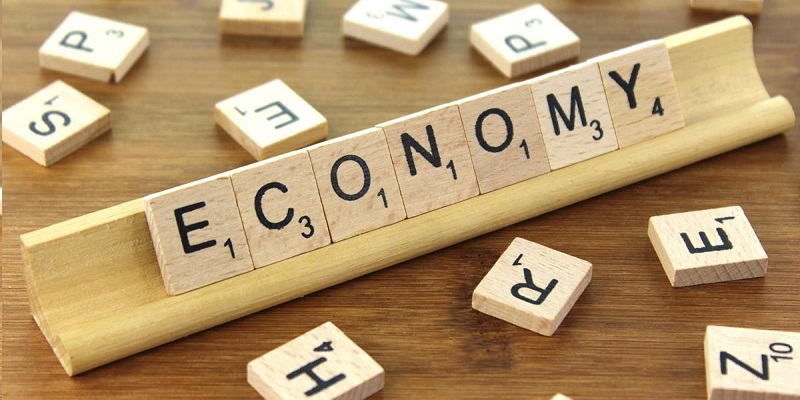
Economic Survey 2024-25: India’s economic prospects for FY26 are balanced
While the Survey acknowledges potential headwinds such as geopolitical uncertainties, trade disruptions, and possible commodity price shocks, it also highlights several domestic growth drivers.
Read more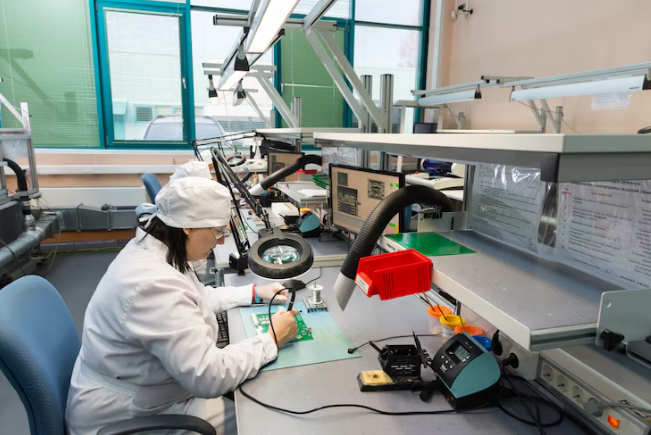
MSMEs' contribution to the GDP
As on 16.07.2024, the total employment reported by the MSMEs on the Udyam Registration Portal (since 01.07.2020 to 16.07.2024) is 203.9 million(including informal micro enterprises registered on Udy..
Read more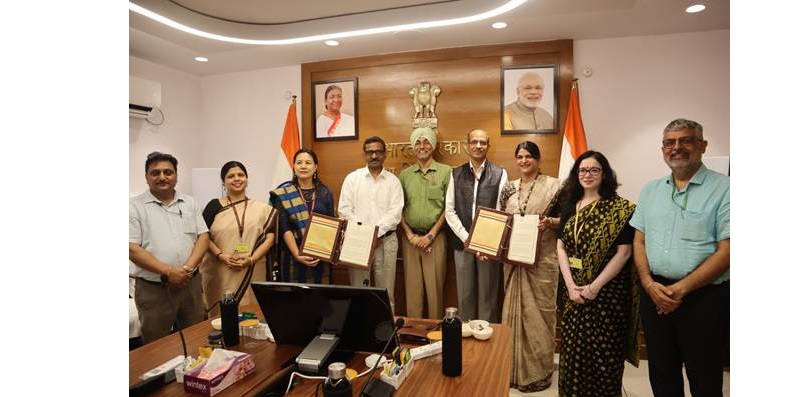
The MoRD and MoMSME join hands to empower Lakhpati Didis through several schemes
The SoI will strengthen the partnership between the two ministries to support and elevate SHG Didis in entrepreneurship, leveraging MoMSME's flagship initiatives such as Yeshaswini- Apna Udyam, Apni..
Read moreRelated Products
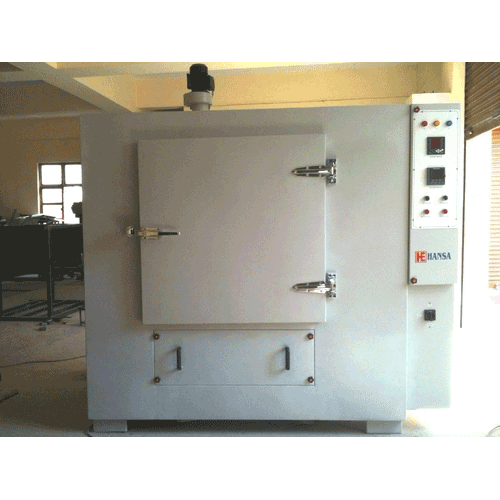
Heavy Industrial Ovens
Hansa Enterprises offers a wide range of heavy industrial ovens.
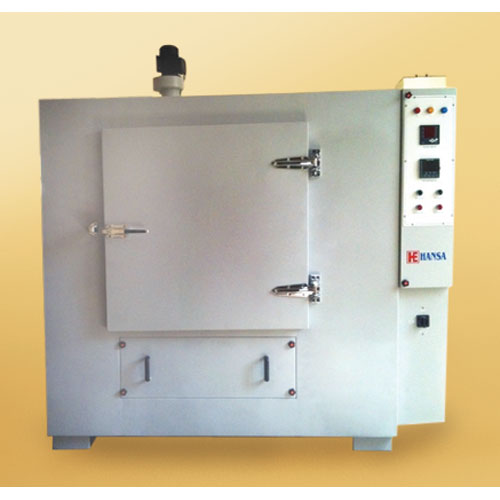
High Quality Industrial Ovens
Hansa Enterprises offers a wide range of high quality industrial ovens. Read more
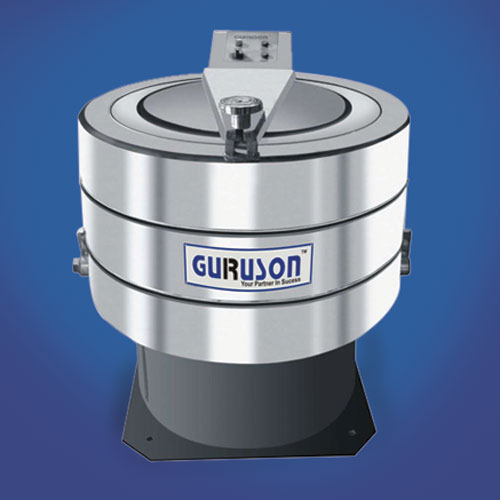
Hydro Extractor
Guruson International offers a wide range of cone hydro extractor. Read more















